Table of Contents
Guide

Before & After
Reading Activities | Level: P Word Count: 802 Words 100th word: to |
Before Reading:
Building Academic Vocabulary and Background Knowledge Before reading a book, it is important to tap into what your child or students already know about the topic. This will help them develop their vocabulary, increase their reading comprehension, and make connections across the curriculum.
Look at the cover of the book. What will this book be about?What do you already know about the topic?Lets study the Table of Contents. What will you learn about in the books chapters?What would you like to learn about this topic? Do you think you might learn about it from this book? Why or why not?Use a reading journal to write about your knowledge of this topic. Record what you already know about the topic and what you hope to learn about the topic.Read the book.In your reading journal, record what you learned about the topic and your response to the book.After reading the book complete the activities below.Content Area VocabularyRead the list.
What do these words mean? citation complex controls experts field hypothesis observations outcome research variables After Reading: Comprehension and Extension Activity After reading the book, work on the following questions with your child or students in order to check their level of reading comprehension and content mastery. Why is it important to test only one variable at a time in a science experiment? (Asking Questions)How might you go about picking a topic for a science project? (Visualize)What are you looking for when testing variables in a science project? (Infer)List the different steps of a science project. (Summarize)Why is it important to pick a topic or field you are interested in? (Text to self connection)Extension Activity After reading the book, conduct a science experiment at home with a friend. Find a topic that interests you both and follow the steps outlined in the book to see if your experiment turned out the way you thought it would. Share your thoughts with your friend and see what their expected outcome was.
Table of Contents
 What Do YouWonder?
What Do YouWonder? Have you ever wondered about the world around you? Maybe youve asked yourself if certain colors attract bees or if one brand of toothpaste is really better than another. Table of Contents
 What Do YouWonder?
What Do YouWonder? Have you ever wondered about the world around you? Maybe youve asked yourself if certain colors attract bees or if one brand of toothpaste is really better than another.
Perhaps youve wondered if theres a better way to mow your front lawn. If you ask yourself questions like these, you may have the makings of a great scientific experiment! Scientific experiments can be as simple as growing a seed under different conditions, or as as designing a new way to power a rocket into space. Science projects can answer questions you have about the world. The key is to ask yourself, What do I wonder? Project Tip Keep and carry a small notebook or make notes on an electronic device. As you go about your daily life, write down questions or you have about the world. 
 A science experiment has been assigned in class, and you are probably feeling overwhelmed.
A science experiment has been assigned in class, and you are probably feeling overwhelmed. 
 A science experiment has been assigned in class, and you are probably feeling overwhelmed.
A science experiment has been assigned in class, and you are probably feeling overwhelmed.
What will your topic be? What is your question? Dont worry. Paying attention to the things you wonder about is the best way to choose a topic or idea. Choose a question or in which you are interested. Science projects will feel less overwhelming when you truly want to know the answer. Write down as many questions as you can about interesting topics. Pay attention to science events you hear about in the news.
Watch commercials on television. Are they making claims you think may not be true? Once you have some questions, start narrowing down your choices. Then choose one question you really want to answer. How does mold grow? Do plants need water? Are dogs colorblind? Why do apples turn brown?  plant growth and seeds. Use your library and the Internet to learn all you can about the topic. Be sure to take detailed notes.
plant growth and seeds. Use your library and the Internet to learn all you can about the topic. Be sure to take detailed notes.
Your science project will also include a research paper. When conducting research, begin reading each text carefully. Write down what you have learned in your own words. Write down any new questions that occur to you as you read. Circle these questions so you remember to look for the answers as you continue your research. Make note of the title of the book or website and all of the important information.
You will need this later when you are writing your paper.  in the field you are researching. For a plant experiment, you might visit a garden center. Find someone interested in talking to you about your science experiment. Experts will have a great deal of knowledge to share with you.
in the field you are researching. For a plant experiment, you might visit a garden center. Find someone interested in talking to you about your science experiment. Experts will have a great deal of knowledge to share with you. 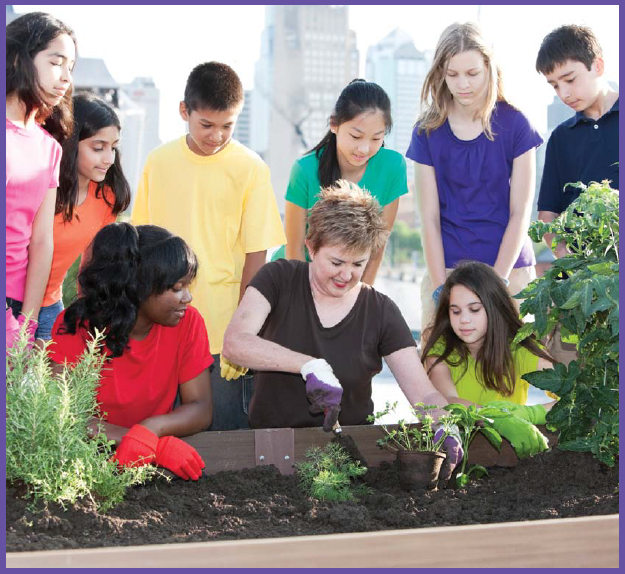 Create a page with questions you have about the topic.
Create a page with questions you have about the topic.  Create a page with questions you have about the topic.
Create a page with questions you have about the topic.
Include questions you came up with during your research. Be prepared when you talk with an expert. He or she will not have a lot of time to spend with you, so you want to use your time well.  Talking with an expert will help you further understand your topic and be better prepared to conduct your research. The Process
Talking with an expert will help you further understand your topic and be better prepared to conduct your research. The Process Now that you have learned all you can about your topic, it is time to create your You should write your hypothesis, or prediction, in such a way that it will give you something to test. The best way to do this is to write an if/then statement.
Now that you have learned all you can about your topic, it is time to create your You should write your hypothesis, or prediction, in such a way that it will give you something to test. The best way to do this is to write an if/then statement.

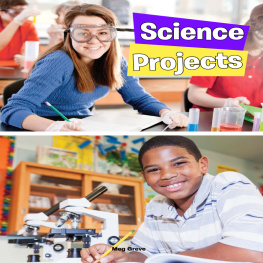
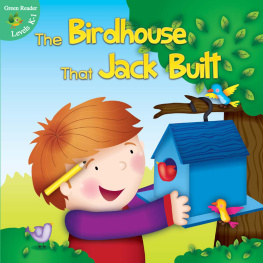
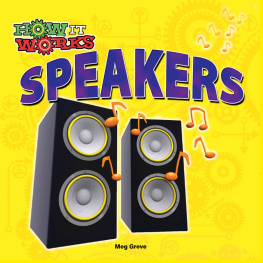

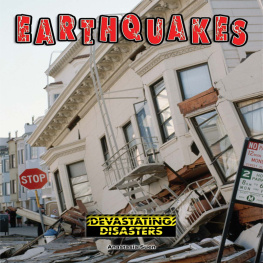

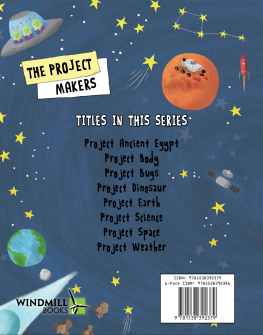
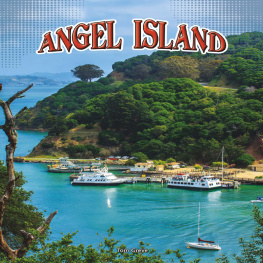
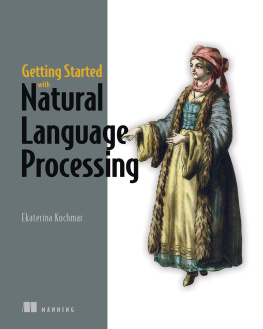
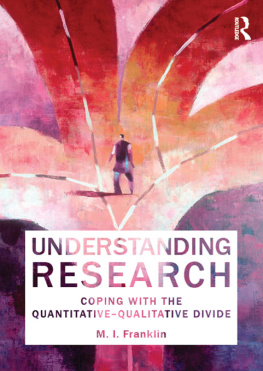
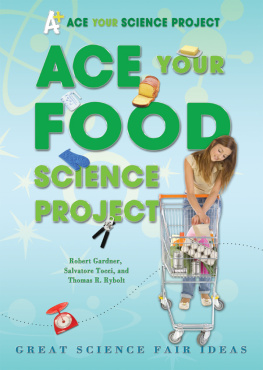
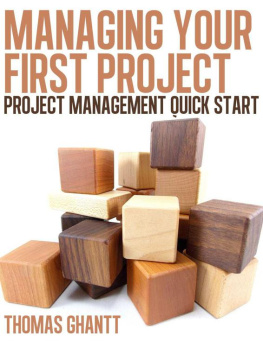

 What Do YouWonder? Have you ever wondered about the world around you? Maybe youve asked yourself if certain colors attract bees or if one brand of toothpaste is really better than another. Table of Contents
What Do YouWonder? Have you ever wondered about the world around you? Maybe youve asked yourself if certain colors attract bees or if one brand of toothpaste is really better than another. Table of Contents 
 A science experiment has been assigned in class, and you are probably feeling overwhelmed.
A science experiment has been assigned in class, and you are probably feeling overwhelmed.  plant growth and seeds. Use your library and the Internet to learn all you can about the topic. Be sure to take detailed notes.
plant growth and seeds. Use your library and the Internet to learn all you can about the topic. Be sure to take detailed notes. in the field you are researching. For a plant experiment, you might visit a garden center. Find someone interested in talking to you about your science experiment. Experts will have a great deal of knowledge to share with you.
in the field you are researching. For a plant experiment, you might visit a garden center. Find someone interested in talking to you about your science experiment. Experts will have a great deal of knowledge to share with you.  Create a page with questions you have about the topic.
Create a page with questions you have about the topic.  Talking with an expert will help you further understand your topic and be better prepared to conduct your research. The Process
Talking with an expert will help you further understand your topic and be better prepared to conduct your research. The Process Now that you have learned all you can about your topic, it is time to create your You should write your hypothesis, or prediction, in such a way that it will give you something to test. The best way to do this is to write an if/then statement.
Now that you have learned all you can about your topic, it is time to create your You should write your hypothesis, or prediction, in such a way that it will give you something to test. The best way to do this is to write an if/then statement.